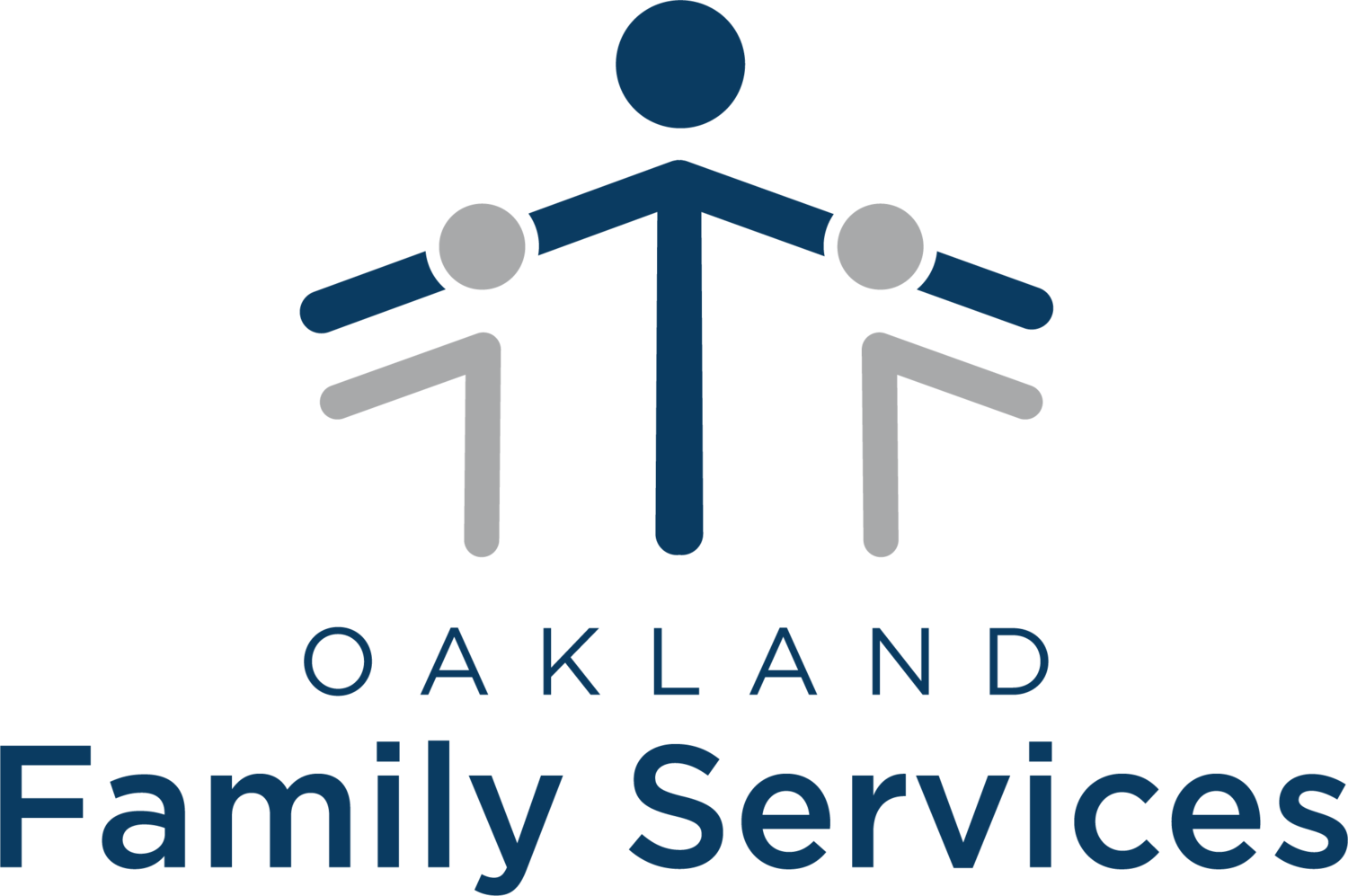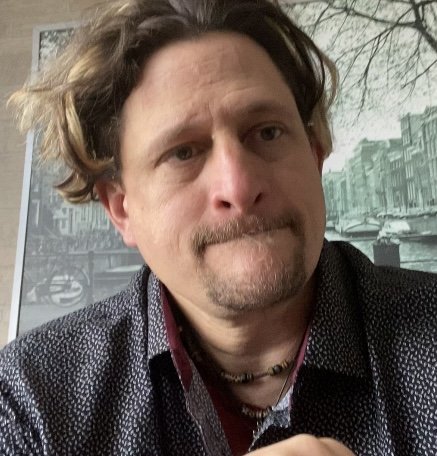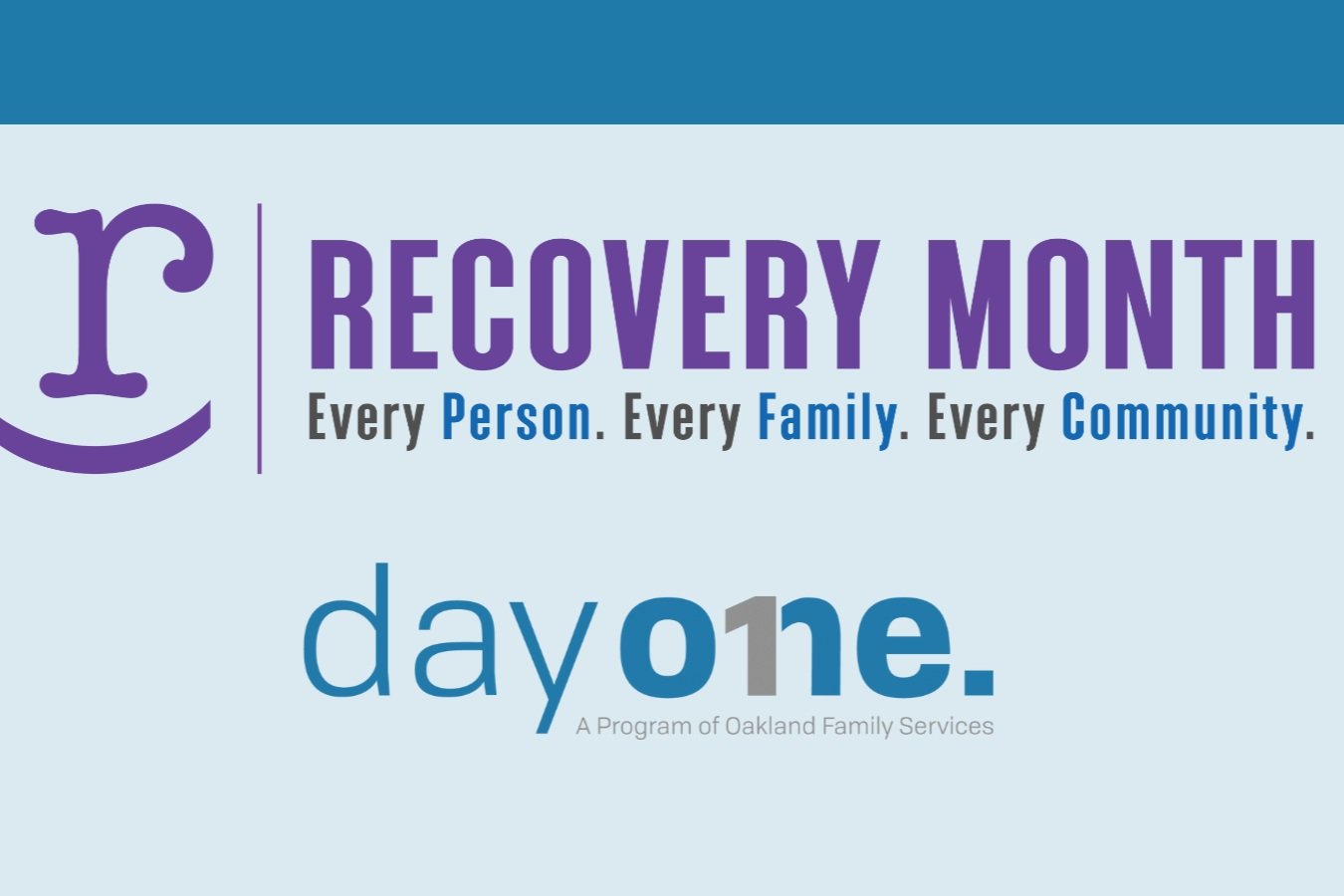Movember: Having deep conversations about men's mental health
According to the National Institute of Mental Health, about 6 million American men experience depression every year. And, unfortunately, male Americans make up the largest portion of those who die by suicide — at 80% in 2020, according to the Centers for Disease Control and Prevention. In Michigan, 1,099 men died by suicide as compared to 290 females in 2020.
Men’s mental health issues are an epidemic, but instead of getting vaccinated or wearing a mask, we can create safe, accepting environments to support the men and boys in our lives.
In honor of Movember, our Specialized Services for Youth clinicians Brian Frick, Jack Rodriguez and JacQuan Moore provide expert advice on how men can care for their own mental health and how their loved ones can encourage them.
Need help? Know someone who does?
Contact the 988 Suicide and Crisis Lifeline if you are experiencing urgent mental health-related distress or are worried about a loved one who may need crisis support.
Call or text 988.
Chat at 988lifeline.org.
In your professional experience, why are some men hesitant in seeking help?
Brian Frick, LLPC, MA: In my professional and personal experience, men are hesitant to seek help because there is still a stigma for men that mental health equals weakness. This is something that I have seen change over the years, and men are more open to seeking help, especially next-generation men. For men, the idea of depression is not always clear. Many men think of depression as being down, crying, suicidal, etc., when many times it is a lack of motivation, loss of interest and also bouts of unexplained anger. Additionally, as a male athlete myself, I find that it’s even more stigmatized. Therefore, kids and young men who are also athletes do not seek help when it is needed.
Jack Rodriguez, LLPC: Unfortunately, there is still a high amount of stigma related to men receiving mental health care. Across different cultures, there are also challenges to seeking help. For example, in many traditional Latino communities, talking with someone outside of the family for help may be seen as an embarrassment. For Latino men, there is often the expectation to strictly display masculine behavior, and help-seeking behaviors are not a part of traditional masculine behavior. The intersection of male and Latino identities can create a situation in which it is difficult for Latino men to feel comfortable seeking help. Similar patterns can be seen in other cultures.
JacQuan Moore, MS, LLPC: Historically, seeking help as a male has been viewed or perceived as being weak. Seeking help goes against the norm or stereotype that men should be strong and unfazed by life’s troubles.
How can men care for their mental health? How can their loved ones help?
The Guy in the Glass
by Dale Wimbrow Sr., (c) 1934
When you get what you want in your struggle for self
And the world makes you king for a day
Just go to the mirror and look at yourself
And see what that man has to say.
For it isn’t your father, or mother, or wife
Whose judgment upon you must pass
The fellow whose verdict counts most in your life
Is the one staring back from the glass.
He’s the fellow to please – never mind all the rest
For he’s with you, clear to the end
And you’ve passed your most difficult, dangerous test
If the man in the glass is your friend.
You may fool the whole world down the pathway of years
And get pats on the back as you pass
But your final reward will be heartache and tears
If you’ve cheated the man in the glass.
Brian Frick: The more that men speak out and take a stand, the more we will see this stigma lessen. As a motivational speaker, I often speak on the importance of understanding oneself and one's mental health. A great poem by Peter “Dale” Wimbrow Sr. that I share called "The Guy in the Glass" seeks to help men look in the mirror and reflect on who they are, what they want and how to improve.
Their loved ones can help by listening and understanding that men and women often handle things differently. A great resource for parents is a book by Dr. William Pollack called “Real Boys,” which helps families understand how to work with their young boys.
Jack Rodriguez: Men can care for their mental health by identifying a few individuals in their lives who can make up a support system. If men do not have any people in their lives who can meet this, then it is particularly important that they seek social outlets or professional help if needed. Loved ones can assist by modeling and normalizing communication about feelings in the household.
JacQuan Moore: There is a long list of things that can improve the mental health of men. Self-care, acceptance, openness and forgiveness have been the big things that have helped me.
1,099 men died by suicide as compared to 290 females in 2020 in Michigan, according to the 2022 Michigan Suicide Commission Annual Report.
What can men do if they cannot seek professional help?
Brian Frick: Men can do many things to help with their own mental health, staying in shape, eating properly, and talking with friends and family. There are a lot of resources out there for men and boys that can help create positive growth. Listening to motivational speakers such as Les Brown can also help guide men in the right direction.
For our younger men, getting active, getting off of the screens and getting outside in the sun can always make a difference. Michigan residents are at a higher risk for vitamin D deficiencies, so we need as much sun time as possible.
Jack Rodriguez: Religious, athletic and/or other social communities can be a huge support for men who are unable to access mental health services. Isolation often leads to worsening mental health symptoms, so this is important to address. Mental health workbooks can be a helpful way to work through a variety of mental health concerns, as well. The type of workbook I would recommend would vary depending on the issue occurring, but I generally recommend those with a cognitive behavioral therapy (CBT) approach. If symptoms are worsening beyond the point that social support and workbooks may help, I still would recommend contacting your insurance company (if applicable) or searching online to see if any nonprofits or universities offer free or low-fee mental health services. It is unfortunate that so many still have difficulty accessing essential care.
JacQuan Moore: Doing anything that is safe, healthy and harmless that you like is good. I know men who enjoy the gym. I know other men who enjoy their pets. I know men who enjoy their families. There are a lot of things around us that can be therapeutic. I do not believe that professional help is always the answer.
Why is it important for kids, especially young boys, to see their male caregivers seek help?
Brian Frick: We are what we are; we learn who we are from those around us. Our boys need adult males in their lives to help guide them and show them what it is to be a man. Gillette had a great commercial in 2019, the 'We Believe” ad, that took on toxic masculinity.
The thing for all of us to remember in our great big world is not to “do as I say,” it is and always will be “do as I do.” A great book on understanding how children mirror their adults is called, “Caps for Sale: A Tale of a Peddler, Some Monkeys and Their Monkey Business” by Esphyr Slobodkina. This is a kid's book, but it is very brain-based. We all have these things in our brains called “mirror neurons.” They become very active early in life, and this is how we learn. We do as others do, not always as they say.
Jack Rodriguez: As children, we learn so much about the world and how to cope with stress by watching our caregivers. If our caregivers cope with stress through substance use, anger or violence, it communicates that this is the way the child should cope as well. If children are able to see caregivers ask for and receive help, they may be more likely to do so themselves. This can be very important to help break negative cycles in families that may have lasted generations.
JacQuan Moore: It shows kids that it is OK to not be OK. Personally, I had never seen a man cry when I was a child, so that made me believe that men didn’t cry. It wasn’t until I became an adult that I saw and heard of men crying. It was a complete shock to my reality. Outside of seeking help for sadness, I believe that it helps young children develop self-awareness of their needs and how to appropriately seek help.
Oakland Family Services provides mental health care for people of all ages through our Day One and Specialized Services for Youth programs. Click here to learn more about our treatment programs.
To learn more about how you can support your male loved ones and have a good talks about mental health, visit Movember Foundation.



































